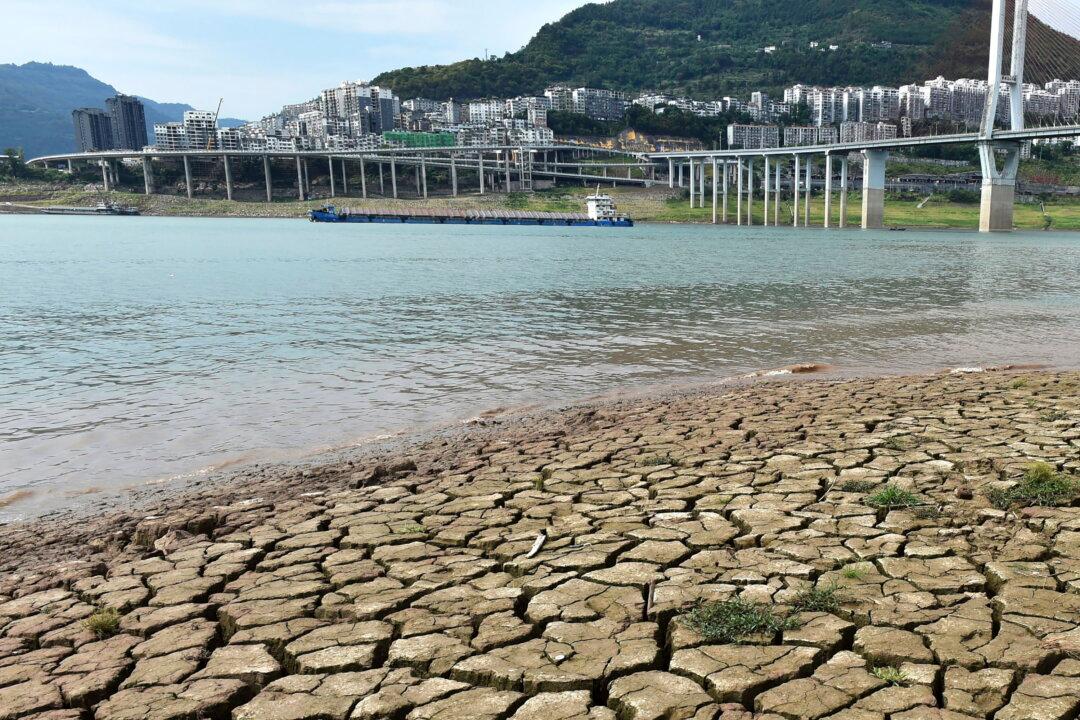Extreme weather has struck various regions in China. Heat waves and severe drought devastated agriculture in the north, while heavy rains inundated the south. Government measures, including artificial rain and early dam drainage, have exacerbated the severe weather’s impact, according to farmers and expert analysis.
On June 12, the Chinese Ministry of Water Resources issued a Level IV emergency response for the lingering drought in eight northern provinces. Farmers from the northeastern coastal provinces said that rain has been scarce this spring.




